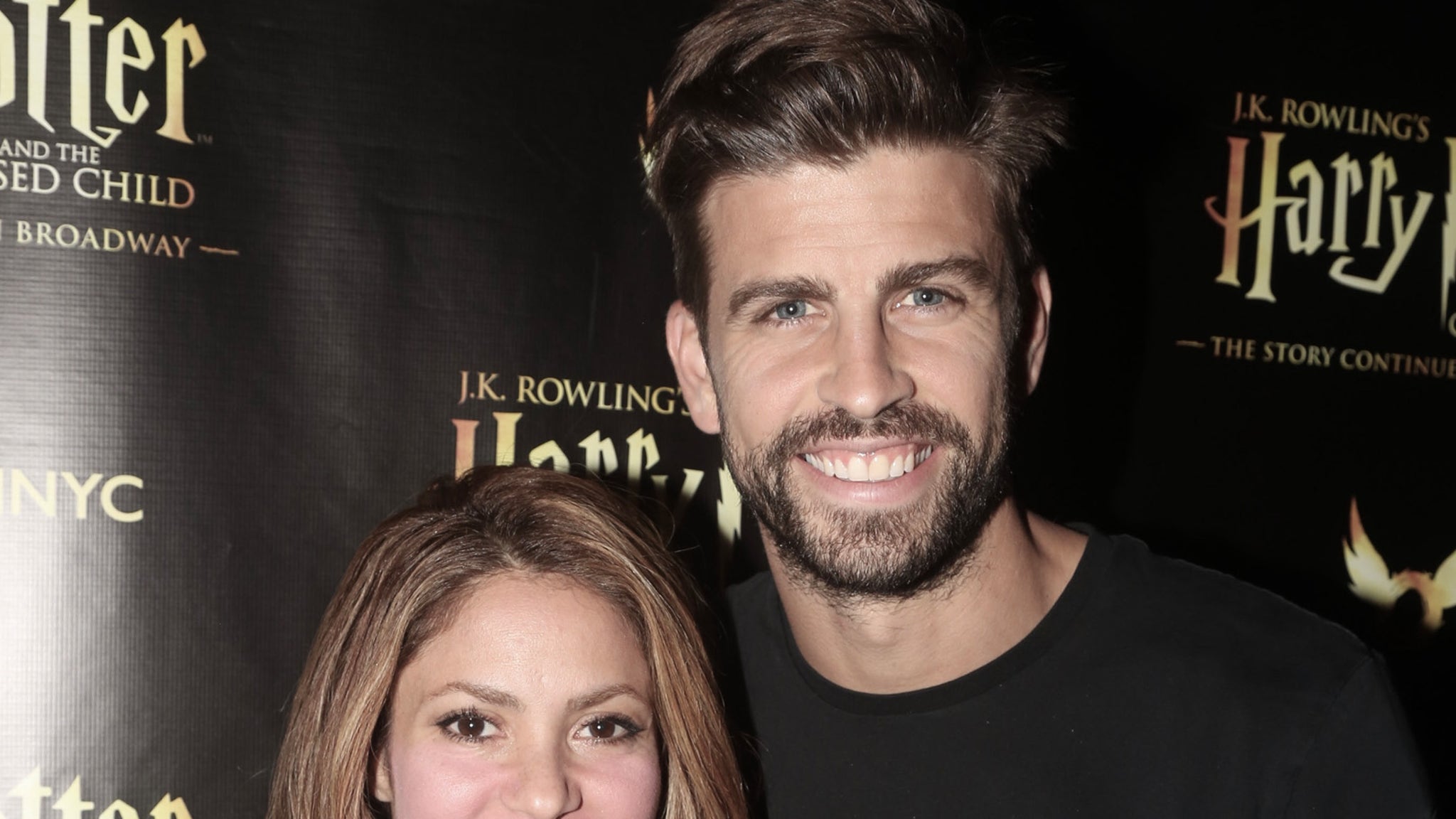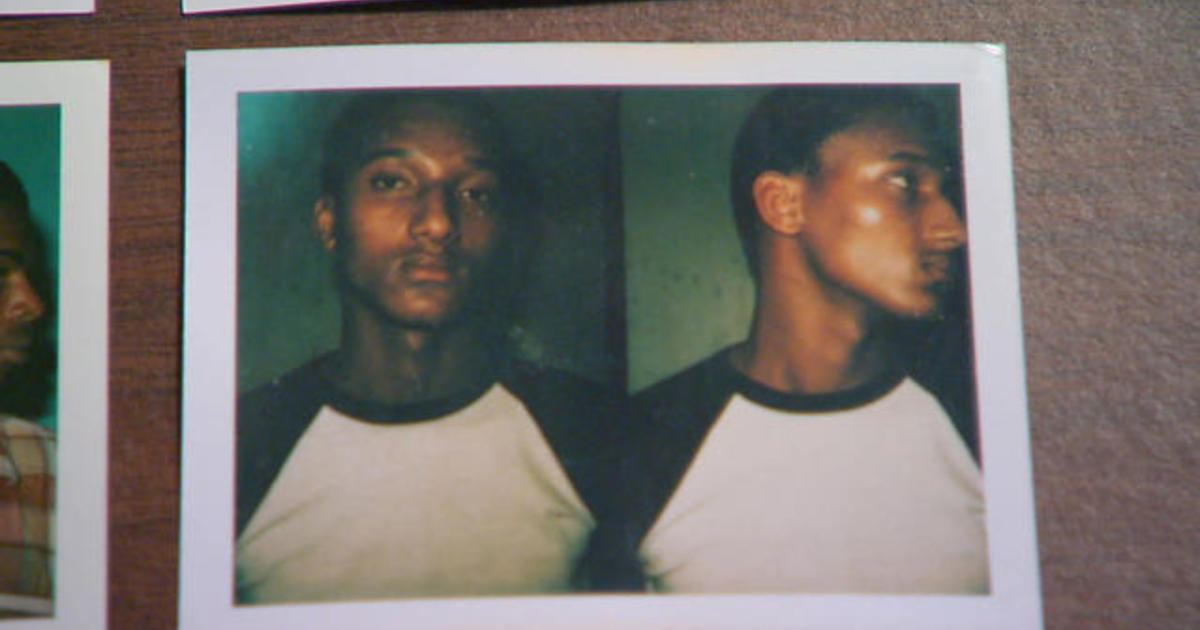Within the British comedy “Extras,” Kate Winslet, who seems as a model of herself, is enjoying as a nun in a movie concerning the Holocaust. When recommended for utilizing her platform to deliver consideration to the atrocities, she replies callously, “I’m not doing it for that. I imply, I don’t assume we actually want one other movie concerning the Holocaust, can we?” She explains that she took the position as a result of if you happen to do a film concerning the Holocaust, you’re “assured an Oscar.”
The fictional Winslet’s perspective on motion pictures concerning the Holocaust, although clearly a joke within the context of that 2005 episode, has turn into one thing of a prevailing opinion. Since Steven Spielberg’s “Schindler’s Checklist” (1993) received finest image and 6 different Academy Awards almost 30 years in the past, Holocaust movies from “Life Is Stunning” (1998) to “Jojo Rabbit” (2019) have been seen as Oscar bait. Nicely intentioned or not, they’re thought-about the form of cinema it is best to however don’t essentially wish to see, meant to tug at heartstrings and win their creators prizes.
In truth, Winslet herself proved that principle right when she received the most effective actress Oscar in 2009 for “The Reader,” by which she performed a lady who served as an SS guard at Auschwitz. On the ceremony, the host, Hugh Jackman, constructed a musical second round the truth that he hadn’t seen “The Reader,” a gag that obtained a roar of realizing laughter from the viewers: Motion pictures concerning the Holocaust are vital, sure, however skippable.
However possibly the notion of the Holocaust film is altering. This 12 months particularly, three movies search to problem the concept of what it will probably and ought to be. All of them flip an analytical eye on their material, linking the horrors of the previous to the current, in that manner making the topic really feel as upsettingly resonant as ever.
In “The Zone of Curiosity” (opening Friday), the British director Jonathan Glazer very loosely adapts a Martin Amis novel to supply a portrait of day by day life for Rudolf Höss (Christian Friedel), the commandant of Auschwitz; his spouse, Hedwig (Sandra Hüller); and their youngsters. Practically plotless, it barely goes contained in the camp, as an alternative specializing in the visually idyllic world the couple have created for his or her household all whereas Höss plans the extermination of the Jews imprisoned subsequent door. After Hedwig ushers her husband off to work — a person within the striped uniform of Auschwitz prisoners is holding the reins of Rudolf’s horse — she coos to her child, “Would you prefer to odor a rose?” It’s definitely extra nice than smelling burning our bodies.
Simply if you assume “The Zone of Curiosity” could be too insufferable with its unrepentant give attention to evil, Glazer shifts to the angle of a Polish lady and her act of kindness. He movies the lady, primarily based on an actual particular person, in thermal imaging so she’s almost obscured as she leaves fruit for the prisoners, and her gesture is scored to the dissonant notes of Mica Levi’s rating, which appears like a droning voice. That little little bit of hope feels distant and distinctly uninspirational.
Glazer operates from the notion that we, the viewers, can think about what is going on contained in the partitions of Auschwitz. We will envision the shaved heads and fuel chambers; we don’t have to see the Hösses’ brutality to know what they’ve inflicted. It’s nearly a shatteringly nonviolent movie, and but the implication of that violence is stronger than something he may stage. You’re left to reckon with what it means to go about your day when there’s smoke within the air from our bodies being incinerated.
“The Zone of Curiosity” feels in some ways like a companion piece to “Occupied Metropolis,” the documentary from Steve McQueen and the author Bianca Stigter, due Dec. 25. (Sitting via the movie’s four-hour, 22-minute run time would make for an intense vacation, to say the least.)
Like “The Zone of Curiosity,” “Occupied Metropolis” consciously removes emotion from its narrative, which relies on Stigter’s e-book “Atlas of an Occupied Metropolis: Amsterdam 1940-1945.” Over its prolonged, and generally grueling, run time, we journey via the streets of Amsterdam as a narrator (Melanie Hyams) explains what occurred in the course of the Nazi occupation at every deal with we go to.
Independently the tales are fascinating — mini sagas of perseverance, resistance and cruelty that would every function the idea for their very own movies — however Hyams delivers them dispassionately. Although I attempted taking notes, by the top of the movie I had hassle remembering each element I wanted to. All of it grew to become overwhelming and began to mix collectively as I attempted to absorb the historical past in addition to the brand new photographs McQueen provides of a spread of occasions: from Covid lockdown to a pro-Palestinian protest to the ugly blackface traditions of Christmastime in that metropolis.
Glazer’s and McQueen’s movies are numbing in numerous methods: In “The Zone of Curiosity,” you turn into inured to the informal methods by which its protagonists thrive subsequent to untold struggling, whereas “Occupied Metropolis” checks endurance with its size and sprawl. The documentary exhibits how reminiscence is so simply misplaced in a spot, and the way demolishing a constructing can even demolish a legacy of trauma or heroism. The voice-over lastly pauses for the finale, which follows a boy’s bar mitzvah preparations, the one time in “Occupied Metropolis” that present Jewish life is explicitly depicted, a reminder that the Jews of Amsterdam haven’t been totally erased regardless of the Nazis’ intentions.
“Zone” additionally ultimately time-travels to the fashionable day. In its remaining moments, Glazer captures footage of the museum and memorial that now stands at Auschwitz. However he doesn’t give attention to reverent vacationers. As a substitute, we see staff sweeping the flooring of the fuel chambers and sharpening the glass that holds the mountains of victims’ sneakers. It’s extraordinarily transferring but in addition routine. One form of day by day life has merged into one other, this one devoted to preserving the reminiscence of the individuals Rudolf and Hedwig Höss had been complicit in killing.
This dialog between then and now can be present in Ava DuVernay’s newest, “Origin” (in theaters), a drama primarily based on Isabel Wilkerson’s nonfiction finest vendor “Caste: The Origins of Our Discontents.” DuVernay follows Wilkerson, performed by Aunjanue Ellis-Taylor, as she researches what is going to turn into her e-book. She compares the therapy of Jews in Nazi Germany to that of Black individuals in America and the Dalits in India, concluding that finally it’s all the results of caste methods, with hateful teams studying subjugation from each other.
However DuVernay doesn’t shun bald emotionalism the best way Glazer, McQueen and Stigter do. Within the climactic sequence, which dramatizes Wilkerson’s writing course of, the director creates a montage to explain dehumanization that features photographs of Black our bodies brutalized on a slave ship; Jews being herded into focus camps; and Dalits cleansing sewage whereas relegated to work as guide scavengers, their our bodies coated in excrement. The scenes are definitely extra deliberately tearjerking than something in “The Zone of Curiosity” or “Occupied Metropolis.”
And but all of them share a refusal to let the Holocaust stay solely previously. This, after all, is true of “Schindler’s Checklist” as nicely, by which the surviving Jews who had been saved by Oskar Schindler, and their family, place stones on his grave because the black-and-white image turns to paint. DuVernay, nonetheless, seeks to hyperlink its legacy to that of different examples of struggling in a manner that’s nearly educational, citing her sources as Wilkerson did. The opposite movies discover energy of their take away whilst they set up how the Holocaust reverberates among the many residing.
“The Zone of Curiosity” is essentially the most radical. It asks you to spend time with the perpetrators of terror, see their human qualities and but develop no sympathy for them. We’ve seen movies about Nazis gaining a coronary heart and studying to see the humanity in a Jewish particular person earlier than: Taika Waititi’s “Jojo Rabbit” is a obvious current instance, about slightly Nazi boy who falls for the Jewish lady hiding in his residence. This isn’t that. Nonetheless, I used to be extra profoundly affected by “Zone” than by any piece of artwork concerning the Holocaust in current reminiscence. It had gotten beneath my pores and skin.
It forces you to contemplate what occurs if you permit these tales to turn into commonplace, to turn into rote industrial leisure, the type opportunistic actors signal onto to win Oscars. Dying turns into background noise, the best way it’s for the Hösses.























